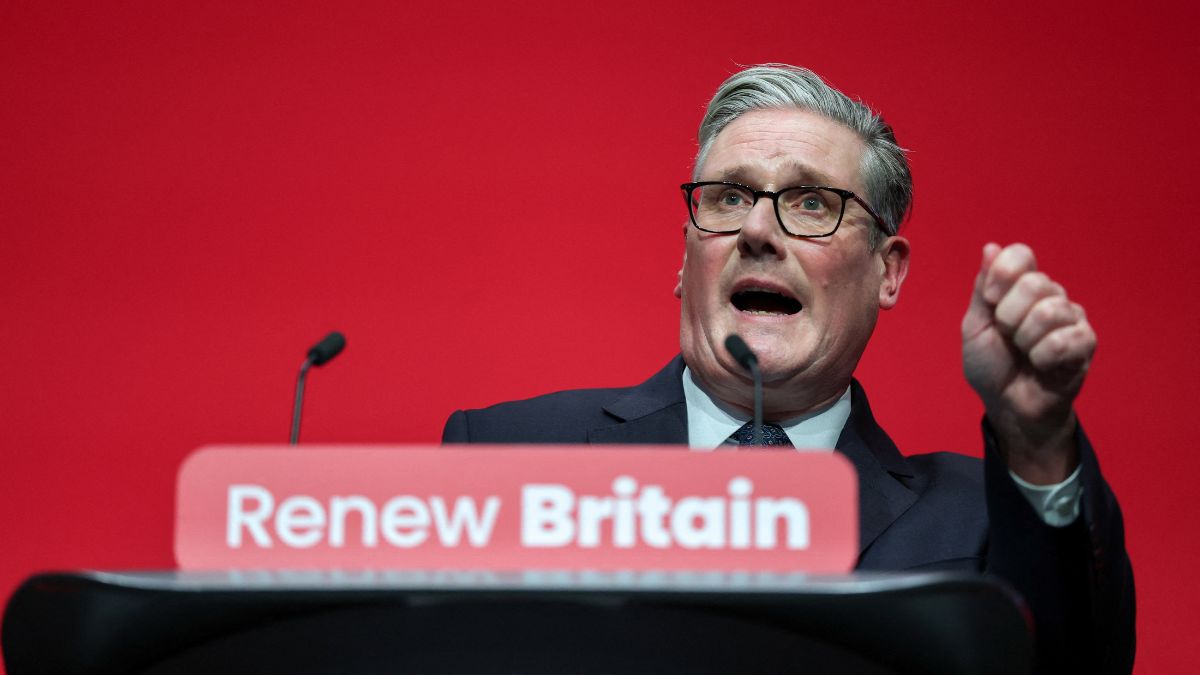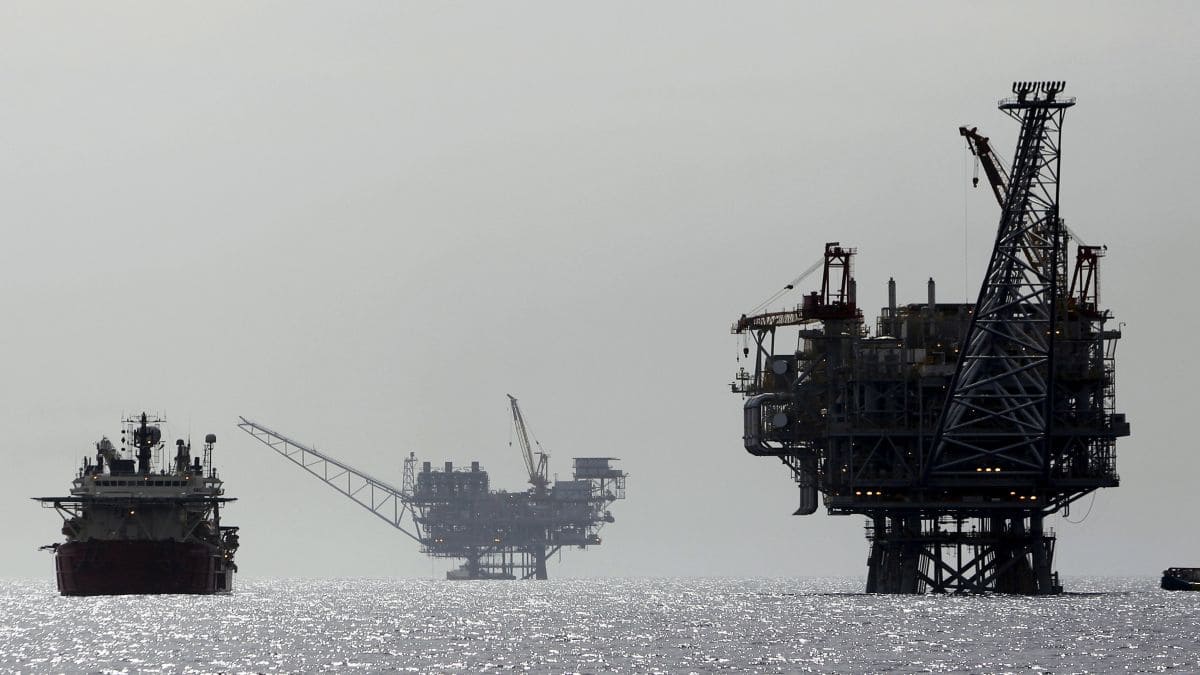Keir Starmer’s rise to the top of British politics was meteoric.
In July 2024, his Labour Party swept into government with the largest majority seen in decades, consigning the Conservatives to their worst electoral defeat in history.
Yet within just fifteen months of taking office, the Labour leader has achieved another record — becoming the most unpopular prime minister in modern British political history.
Polls show dismal approval numbers, his party is in freefall, and rivals on both the right and left are seizing on the collapse of support.
From historic mandate to historic lows
When Starmer led Labour to victory last yeat, it was hailed as a turning point after fourteen years of Conservative rule.
Labour secured 411 seats in the House of Commons — a commanding majority of 174.
Analysts assumed the scale of the win would give Starmer and Labour at least two terms in government, allowing time to reshape Britain after years of austerity, strained public services, and political turmoil.
However, the triumph masked a more fragile reality. Britain’s first-past-the-post system allowed Labour to secure a large parliamentary majority despite receiving only around one-third of the national vote.
With turnout at low levels, only about one in five eligible voters had chosen Labour. That meant Starmer entered office without the deep reservoir of public enthusiasm typically expected of a landslide victor.
Polling expert John Curtice, speaking to CNN captured the dynamic succinctly: “As landslides go, Starmer’s was loveless.”
Fifteen months on, the lack of a strong foundation has proven costly. Surveys by Ipsos show that just 13 per cent of voters are satisfied with Starmer’s leadership, compared with 79 per cent who are dissatisfied — making him the least popular British leader in recorded polling history.
A separate YouGov survey found his net favourability at -47 per cent, with 69 per cent viewing him unfavourably.
Those numbers have sunk even lower than those recorded by Liz Truss during her disastrous 44-day tenure, an extraordinary collapse given the scale of his victory only a year earlier.
UK’s decade-long struggle
The roots of discontent run deep. After over a decade of Conservative government, public services were already in crisis. The UK National Health Service faced record waiting lists, prisons were overcrowded, and infrastructure across the country was deteriorating.
Labour, historically seen as the party of investment in public services, had campaigned on repairing this broken system.
Yet within months, Starmer’s government faced an unenviable financial dilemma. In the run-up to the election, the Conservatives had cut taxes, leaving a substantial gap in the public finances.
Raising income tax would have been one of the most direct ways of funding public services, but Starmer had pledged not to increase taxes on “working people.”
That left the government searching for revenue from smaller, politically unpopular measures.
Critics argue this strategy not only limited Labour’s ability to fund improvements but also created the perception of a government scrambling rather than setting out a clear economic plan.
The wider economic backdrop has only worsened matters. The UK economy, already fragile after Brexit and the pandemic, remains stagnant, with inflation running high and real wages stuck at levels little improved since the 2008 financial crisis.
Among G7 nations, Britain has been forecast to have the highest inflation this year.
For households, this has meant persistently high living costs, a factor that Nigel Farage and Reform UK have been quick to exploit.
Starmer’s identity crisis
For many voters, the frustration with Starmer is not only about economic policy but about who he is and what he represents.
Unlike past leaders who sought to shape politics with personal visions — “Thatcherism,” “Blairism,” even “Johnsonism” — Starmer has deliberately avoided ideology, presenting himself as pragmatic and rule-bound.
But this has left the public puzzled. Starmer has described himself as someone who “doesn’t dream,” admitted he has no favourite novel, and declined to cite political heroes.
Even as prime minister, voters struggle to define what he stands for. Curtice remarked, “The mystery of Keir Starmer – who is he? what does he stand for? – we are maybe two-thirds of the way through the novel, but we are still not sure where the body lies.”
That lack of a clear identity has undermined Labour’s ability to rally supporters or fend off challenges from both ends of the political spectrum.
Reform UK’s dramatic surge
The sharpest threat to Labour has come from Reform UK. Once seen as a fringe movement, Reform has surged into the political mainstream under Nigel Farage.
Polls now place the party at around 30-35 per cent support, overtaking Labour, which has slumped to roughly 20-23 per cent.
The speed of Reform’s rise mirrors Labour’s decline, and some projections suggest Farage could lead his party to a parliamentary majority as large as Labour’s current one in the next election, due in 2029.
Farage has positioned Reform as the voice of voters angered by immigration and the cost-of-living crisis. His personal ties to US President Donald Trump and his long-standing role in Britain’s populist politics have only amplified his appeal.
Starmer, attempting to counter, has attacked Farage directly, calling him “racist.” Yet the prime minister has simultaneously toughened his own stance on immigration, hoping to win back voters.
Instead of uniting support, that move has alienated parts of Labour’s traditional base.
At the party’s annual conference in Liverpool, Starmer warned that Labour must make “decisions that will not always be comfortable for our party. Yet at the end of this hard road there will be a new country, a fairer country, a land of dignity and respect.”
Fractures within Labour
The internal challenges facing Starmer are almost as daunting as the external ones. His premiership has been rocked by a series of resignations, including that of deputy leader Angela Rayner after reports that she had underpaid property taxes.
The fallout forced Starmer into a cabinet reshuffle, further destabilising his administration.
Speculation has also swirled around potential leadership alternatives. Manchester mayor Andy Burnham, nicknamed “the King of the North,” has been touted in the media as a possible successor.
Although Burnham has dismissed talk of a leadership challenge, the very fact it is being discussed underscores the unease within Labour’s ranks.
On the grassroots level, some traditional Labour supporters feel Starmer has abandoned the party’s founding liberal values. His support for digital ID cards, framed as a tool to crack down on illegal work, has alarmed civil liberties advocates.
His announcement of recognition for Palestinian statehood divided opinion, drawing criticism from allies of Trump who viewed it as insufficient and belated.
Meanwhile, on the left, a new political threat is emerging. Former Labour leader Jeremy Corbyn, alongside MP Zarah Sultana, is preparing to launch “Your Party,” a left-wing breakaway movement.
Polling suggests that as many as one in five Britons — and a third of Labour’s 2024 voters — would consider supporting it.
Combined with defections to the Greens, Liberal Democrats, and nationalist parties in Scotland and Wales, this fragmentation could further erode Labour’s support base.
Collapse in public support unprecedented
The scale of Labour’s decline in just over a year is without precedent in recent British political history. Polling averages show the party dropping from 37.5 per cent in July 2024 to 23.3 per cent by June 2025 — a fall of over 14 points in less than a year.
The last comparable drop came in the early 1990s under John Major, but even then the fall was smaller at under 10 points in the first year.
Such a collapse has left Starmer with approval numbers worse than any of his international peers, except for French President Emmanuel Macron.
Macron currently holds a net favourability of -55 per cent, but Starmer’s -47 per cent places him lower than Italian Prime Minister Giorgia Meloni (-22 per cent), Spain’s Pedro Sánchez (-31 per cent), and even Donald Trump (-12 per cent) in his turbulent second term as US president.
Starmer government on damage control
Starmer’s administration has attempted several policy moves to regain the initiative. The suspension of the UK’s family reunion policy for asylum seekers was framed as a demonstration of toughness on migration, though it drew sharp criticism from humanitarian organisations.
At the same time, Labour has attempted to strike a balance between fiscal restraint and social spending — a difficult task given the constrained economic environment.
Despite these efforts, Labour’s poll numbers continue to slide. The disaffection is not limited to right-wing voters shifting towards Reform.
Significant numbers of progressive voters have turned to smaller parties, frustrated by what they see as Labour’s compromises.
Analysts note that if Your Party gains traction, the losses to Labour from the left could be even more severe than those from the right.
The next scheduled general election is not until 2029, which theoretically gives Labour time to recover.
The rise of rivals on both sides of the spectrum raise questions about whether Starmer can lead Labour into the next election with any chance of success.
For the moment, Starmer insists he is leading a fight “for the soul of our country.”
With inputs from agencies


)

)
)
)
)
)
)
)
)



